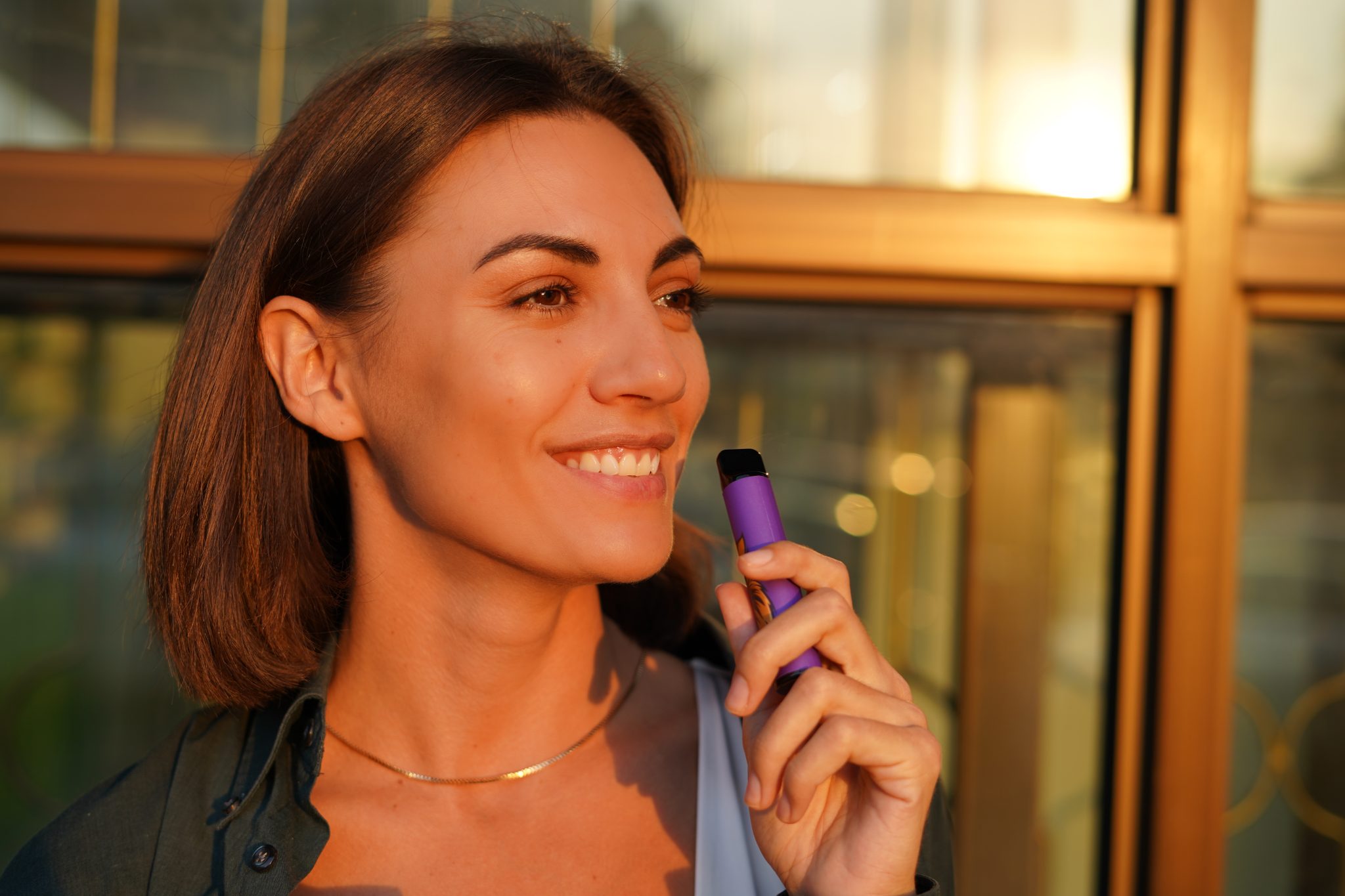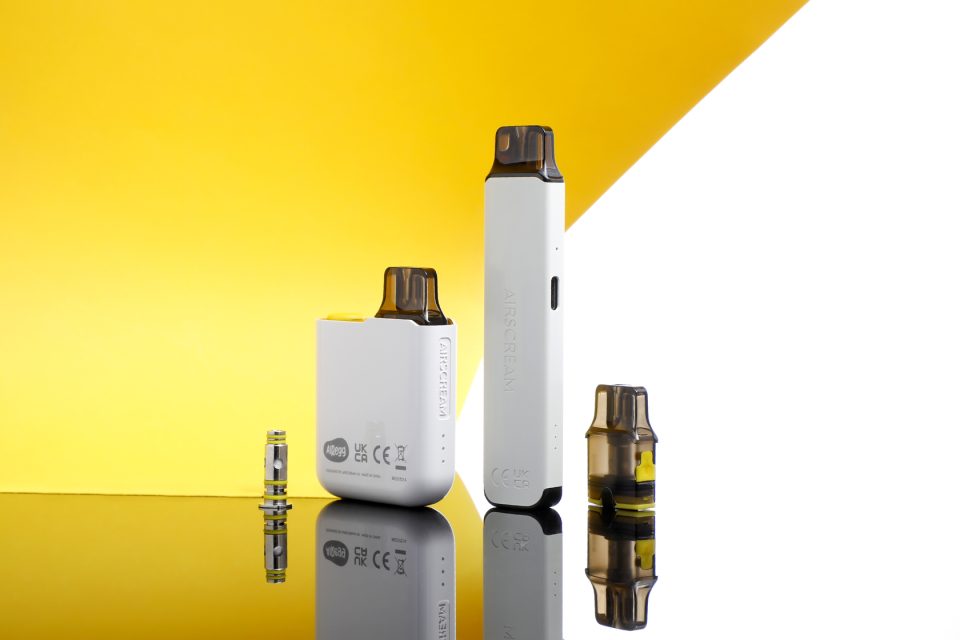
Blog
Bans or Regulation? Rethinking the Future of Nicotine Alternatives
22 September, 2025

Governments Tightens Their Grip
Across Europe and Asia, governments are taking increasingly firm stances on nicotine products. France recently announced that from March 2026 it will prohibit the manufacture, sale, import, and use of non-medicinal oral nicotine products such as pouches, gums, lozenges, and strips. In Malaysia, e-cigarette sales are already tightly controlled under the Control of Smoking Products for Public Health Act 2024, with a full national ban still under consideration.

A Question of Public Health
The reasoning is straightforward. Policymakers in both countries cite alarming trends in youth uptake and accidental poisonings, framing their actions as a matter of protecting public health. In France, poison control data has shown a sharp increase in cases involving teenagers. In Malaysia, the growing prevalence of vaping among youths has driven officials to argue for stronger measures.
Ban or Regulate? The Unending Debate
Yet, this raises a broader question: which approach delivers better results—a blanket ban or strict regulation? But what would it all mean if policies are not properly enforced.
Lessons from Blanket Bans
Evidence from different countries provides various insight. Blanket bans, such as those implemented in India and Thailand, have been effective at reducing visibility and legal availability, thereby limiting casual experimentation among teenagers. But these prohibitions often come with unintended consequences. In both cases, illicit markets e-cigarettes quickly stepped in to fill the gap, leaving adult smokers without legal alternatives and pushing some towards unregulated products that may be riskier than those on the legal market.
Regulation as an Alternative Path
On the other hand, countries that have pursued strict regulation—such as Australia, Sweden, and New Zealand—has shown stronger results in the long run. Australia, for instance, has adopted one of the world’s most controlled models: e-cigarettes and vapes containing nicotine are only available via a medical prescription under therapeutic goods, supported by a pharmacy supply framework. This system places medical professionals and regulators at the centre of access, ensuring products are closely monitored while keeping them out of the hands of minors. Sweden’s experience with nicotine pouches has also contributed to some of the lowest smoking rates in Europe, demonstrating how regulated alternatives can work when properly managed.
What It Means for Adult & Teen Smokers
For adult and teen smokers, the difference is stark. Under a ban, their choices narrow: either returning to cigarettes. Or turning to the black market illicit vapes with all its risks. Under regulation, they retain access to safer, legal alternatives that can act as stepping stones away from cigarettes.
A Balancing Act for Governments
Policies that are planned and enforced are not only for protecting youths, but about balancing that protection with the reality that millions of adults are still trying to quit smoking. Governments face the challenge of deciding whether prohibition or regulation better serves public health. Advocates of bans argue that only prohibition can fully prevent youth exposure. Supporters of regulation counter that a nuanced system—strict on youth access but flexible for adult use—ultimately yields better outcomes.

AIRSCREAM’s Commitment to Compliance
As governments define their strategies, companies operating in the nicotine industry also have a responsibility to act with integrity. At AIRSCREAM, compliance is non-negotiable. We strictly adhere to the laws and regulations in every market we enter. Where a country permits regulated alternatives, we ensure our products meet those standards with rigorous quality and safety measures. Where a country decides to prohibit alternative nicotine products altogether, we respect that decision fully choosing not to enter that market at all.
This approach reflects a simple principle: public health policies must be respected, and companies have a duty to operate responsibly within them. As the global debate over nicotine policy continues, AIRSCREAM remains committed to providing meaningful alternatives for smokers where regulation allows, while always aligning with the rules that governments put in place.






